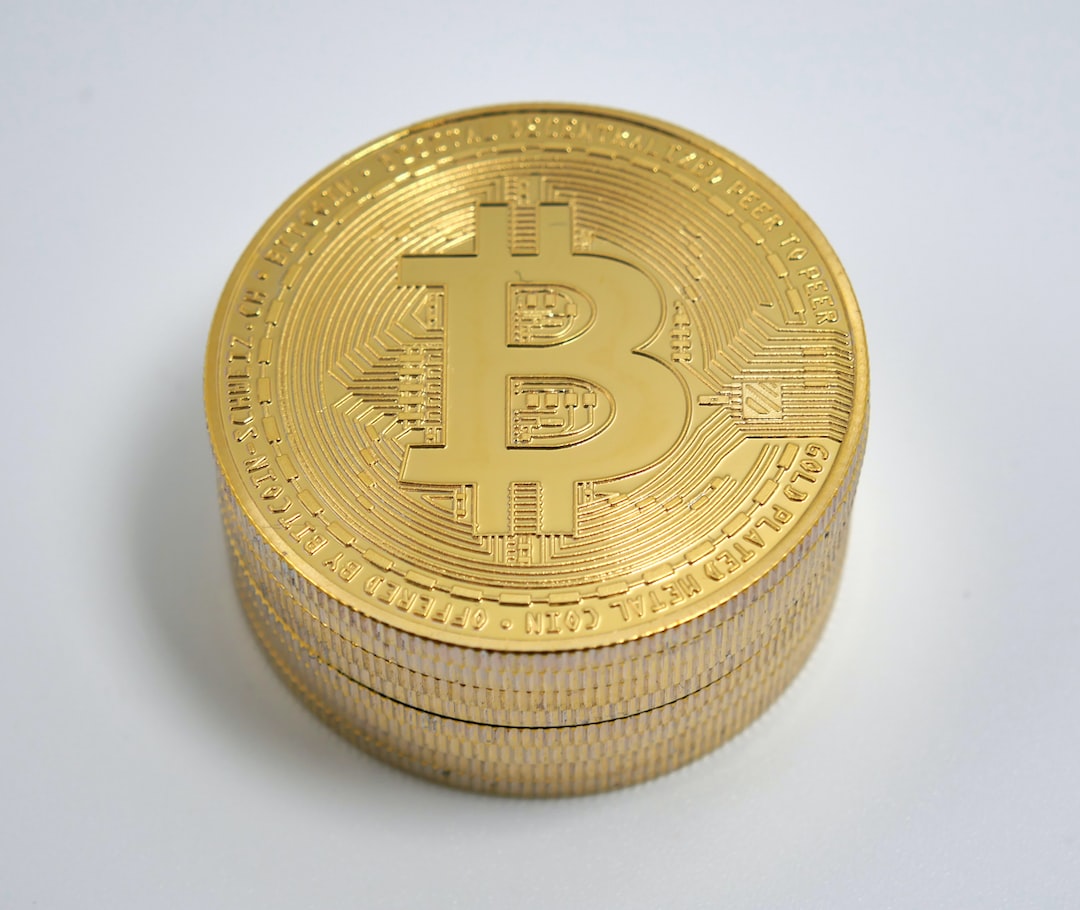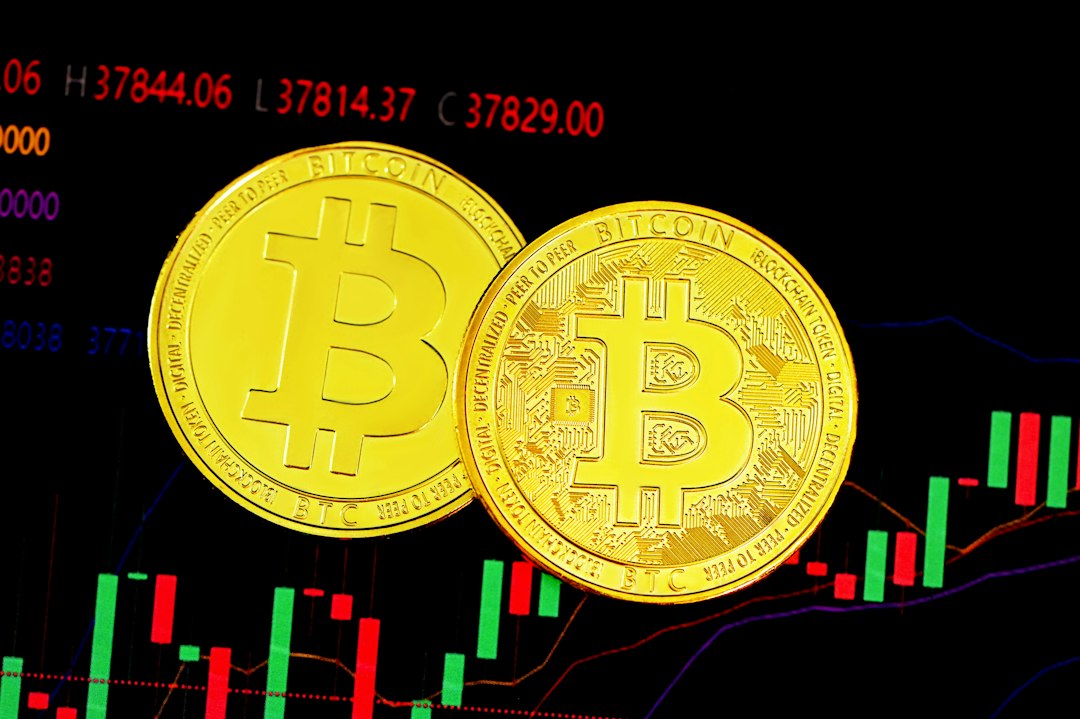The Sinbad App Gets Sanctioned by U.S. Treasury Department
Earlier this year, the coin mixer Blender rebranded as the Sinbad app. However, the controversial successor has now faced sanctions from the U.S. Treasury Department’s Office of Foreign Assets Control (OFAC). The OFAC revealed that the Sinbad app was utilized by the North Korean hacking group Lazarus Group to launder millions of dollars in illicit funds.
The announcement from the OFAC stated that Sinbad is not only used for sanctions evasion but also for various criminal activities such as drug trafficking, purchasing child sexual abuse materials, and conducting illicit sales on darknet marketplaces.
Currently, the Sinbad website displays a message indicating that the service has been seized. This comes after Blender was sanctioned by the feds in May 2022. Blockchain analysis firm Elliptic had previously suspected that Blender had relaunched as Sinbad and continued to facilitate money laundering from hacks.
Coin Mixers and Their Role in Criminal Activities
Both Blender and Sinbad are coin mixers, which enable users to anonymously send and receive cryptocurrencies like Bitcoin or Ethereum. These tools work by combining transactions to obscure their origins and destinations.
Criminals, including state-sponsored groups like Lazarus Group, utilize coin mixers to cover their tracks when involved in large-scale crypto thefts. In this case, hackers used Sinbad to launder funds stolen from the Axie Infinity play-to-earn game heist worth $620 million and the Horizon Bridge attack where $100 million in crypto was stolen.
Last year, U.S. authorities prohibited American citizens from using Tornado Cash, an Ethereum coin mixer favored by Lazarus Group.
Controversy Surrounding Coin Mixer Sanctions
The decision to sanction coin mixers has faced criticism from politicians and some members of the crypto community. They argue that privacy is a fundamental right and that these apps have legitimate uses beyond criminal activities.
In August, a court upheld the Treasury Department’s sanctioning of Tornado Cash and dismissed objections claiming a violation of users’ First Amendment rights.
Hot Take: Sinbad App Meets Its End as U.S. Treasury Strikes Again
The Sinbad app, formerly known as Blender, has been targeted by the U.S. Treasury Department’s Office of Foreign Assets Control (OFAC) due to its involvement in money laundering activities conducted by the Lazarus Group. By seizing the service, authorities aim to disrupt illicit transactions associated with sanctions evasion, drug trafficking, child sexual abuse materials, and darknet market sales. This action further demonstrates the government’s commitment to combatting cybercriminals who exploit cryptocurrencies for illegal purposes. While controversial, the move highlights the ongoing debate surrounding privacy rights versus the need for enhanced security measures within the crypto space.





 By
By
 By
By
 By
By
 By
By
 By
By
 By
By